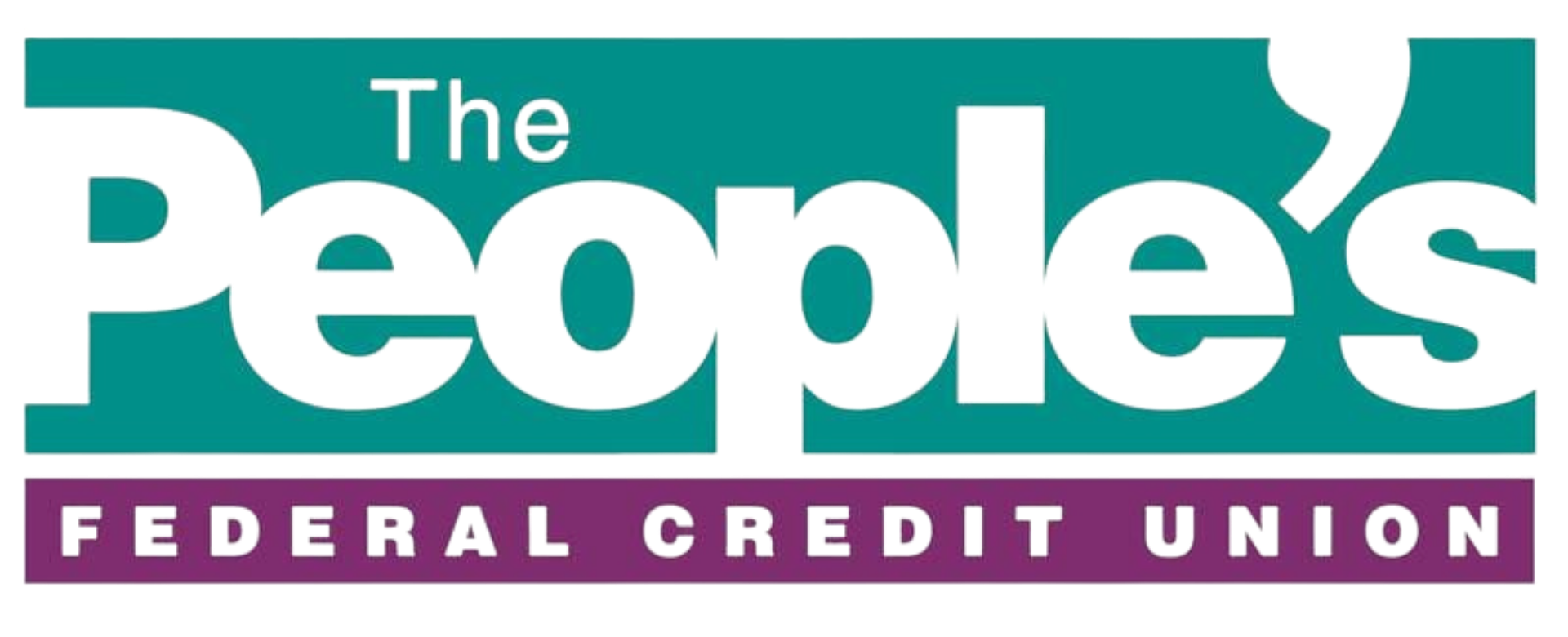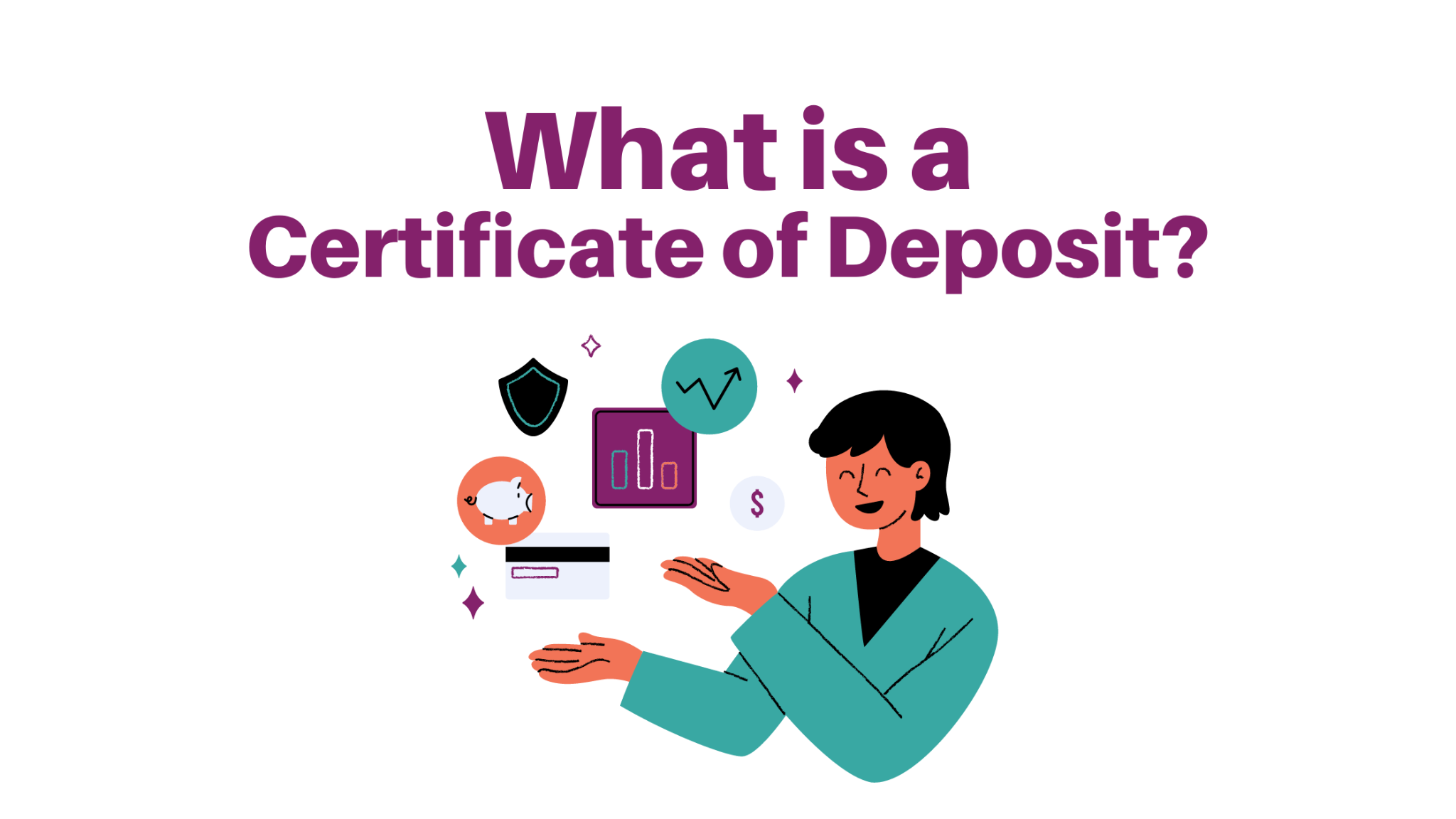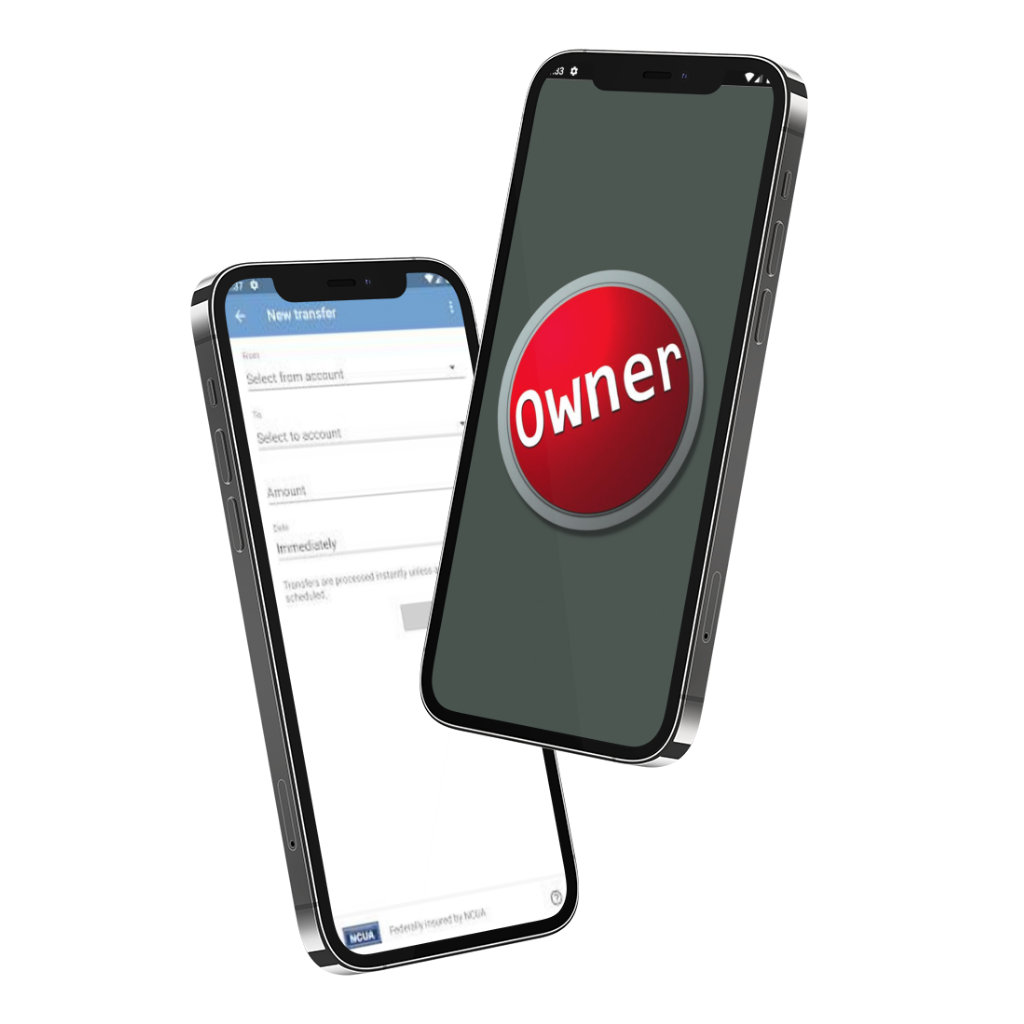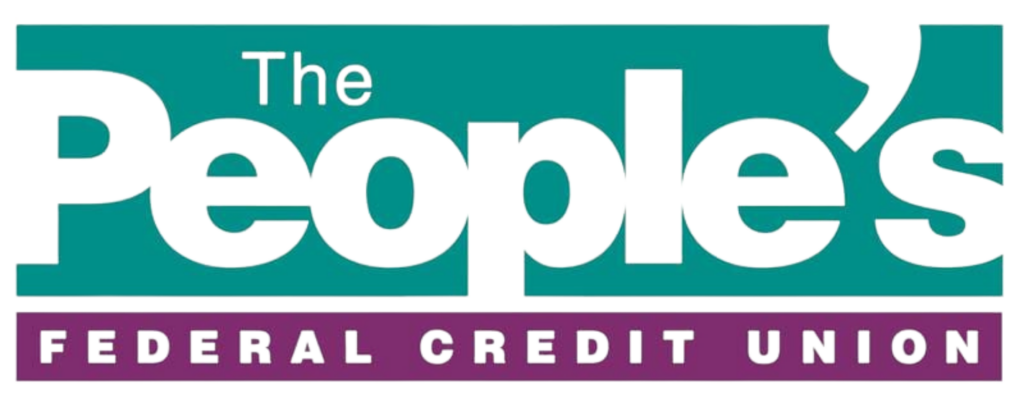A certain percentage of people put every dollar they earn into reducing their debt. When dealing with long-term debt, you may find that this approach leaves you ill-prepared for financial emergencies and retirement.
It can seem challenging to build wealth while paying off debt—but don’t let this get you down. You can learn how to balance debt while saving for the future. Your ability to accomplish this goal hinges on your level of dedication. Commit yourself to gather wealth while paying off the remaining debt, and you may have the ability to retire earlier than you expected. At the very least, you’ll reduce your financial stress levels and achieve more peace of mind.
Are you ready to begin? Here’s how you can get started:
1. Recognize the Different Types of Debt
Some forms of debt are more constructive than others. Good debts include your mortgage and student loans. Bad debts involve instances like using your credit cards to buy groceries, gas, new clothing, and morning espressos. You’ll notice that these “good” forms of debt give you the ability to acquire life essentials that most people can’t pay for upfront. In contrast, “bad” debt is characterized by careless spending on depreciating assets.
You might find separating good debt from bad debt challenging at times. Consider simplifying your debt categorization with the following strategy:
If the purchase doesn’t help generate income or grow in value, it’s bad debt. Car loans are an example of a depreciating purchase. While many people need an automobile to travel, you will experience depreciation and pay interest on a car loan. If you lease a car, you’re essentially renting the vehicle for a limited amount of time. Low-interest rate loans and quality down payments can mitigate the debt you owe through auto financing.
You must analyze your debt spending so you can identify potential areas for improvement before taking subsequent action. You can kick your debt spending evaluation off by making a list of how you spend money that includes what you purchase using your credit cards. A few spending adjustments can go a long way toward fostering your ability to generate wealth while paying off debt.
2. Establish Short-Term Debt Reduction and Savings Goals
A significant component associated with successful wealth accumulation and debt reduction is setting short-term goals that lead into long-term goals. Make sure your goals are attainable, specific, and reachable. Once you meet these goal criteria, you’ll be able to take action toward your listed goals today. Here’s an example of a short-term goal facilitating a long-term goal:
You could set a short-term goal to save $500 in three months. To reach this goal, you would need to save about $40 a week. Once you reach this savings goal, double it and make a new short-term goal to save $1,000. Keep doubling this savings goal until you arrive at a longer-term vision, such as having three months’ worth of living expenses set aside in an emergency savings account. Establishing an emergency savings fund will help you avoid unexpected excess charges on your credit card for things like car or home repairs.
It’s helpful to decide how you want to pay down your debt while you follow your short-term goals. You could:
- Target paying off your lower balances first, and then roll those payments into your larger ones after they are paid off.
- Make extra payments on your larger debts to pay them down faster.
- Make higher payments on all of your debts, so your larger balances are paid down faster while your lower balances are simultaneously taken care of.
3. Create a Spending and Savings Budget
Budgets are vital! You need to know where all your money goes to determine if there are things you can cut to reduce your spending. By reducing your spending, you will naturally have extra money to pay off debt and save.
Zoom Out and Evaluate Your Monthly Spending
You can find savings opportunities by outlining what you spend your money on and deciding whether you “want” or “need” something in your overall monthly spending list. Giving up your morning $6 espressos, dropping to a lower smartphone data plan, and using coupons to buy groceries are all great ways to reduce spending. It shouldn’t take you long to find ways to save, as most people tend to overspend in one or a few categories.
You can view a monthly savings initiative as a form of fasting. Some people fast with their diets, while others might fast to detox their bodies from sugar or alcohol. The actions you take during your spending fast might naturally find their way into your monthly financial management.
Create a Spending and Savings Budget When Your Income Changes
Some people may find it more difficult to establish a spending and savings budget when their income goes through fluctuation periods. These income adjustments are more commonly associated with careers like sales or freelancing. You can make necessary changes to your spending and savings budget by making average predictions of your income based on previous months and through tweaking your plan during the course of a month to match your current income.
Prioritizing savings can help you stay afloat and continue making debt payments if your income experiences a temporary downward trend.
4. Use Credit Cards Wisely for Building Credit
Building a quality credit score is equally important when you want the best interest rates. If you use credit cards to buy gas, groceries, and other things, make sure that you have the cash already set aside to pay the debt off before that month’s due date so you aren’t charged interest. Abiding by your budgetary limits will help ensure that you’ll have the money you need to pay your monthly balance in a timely fashion.
You’ll save yourself stress down the road when you avoid unnecessary credit card transactions. Charging your credit card too often on items or services you don’t need will naturally make your credit card a less valuable asset during a future emergency situation.
5. Track Your Monthly Progress
Make sure you track your debt reduction and savings progress every single month, as this will help guarantee you are not falling back into old spending habits and ignoring savings goals.
It’s helpful to evaluate your credit transactions at the end of each month if you’re struggling to pay down a credit balance. People facing difficulties paying off their credit cards can identify potential areas for savings and make financial adjustments that lessen their stress surrounding monthly payments.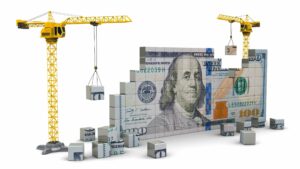
As you monitor your progress, the ideal trend is to notice your debts going down and your savings going up. Remember to make adjustments to your goals as you pay down debts, such as making higher payments on debts or increasing the amount you are saving weekly.
6. Receive Financial Assistance from The People’s Federal Credit Union
Sticking to your debt reduction and savings goals will help you establish the financial freedom you desire and set you up for a secure future. The People’s Federal Credit Union is here to help you realize this vision with streamlined financial services that include interest-bearing savings accounts, cash-back checking rewards, and more. Stop by your nearest TPFCU branch or call us at (806) 359-8571 today for more tips on paying off your debt while growing your wealth.
